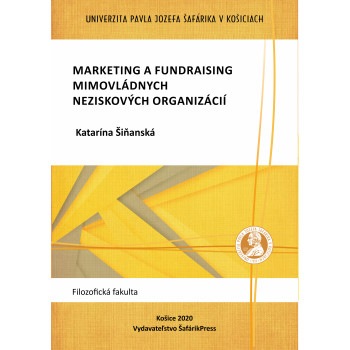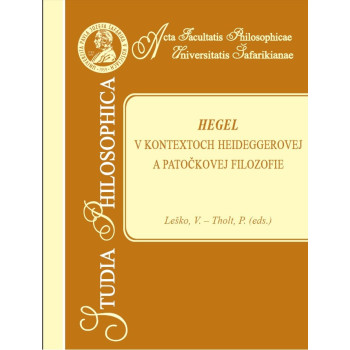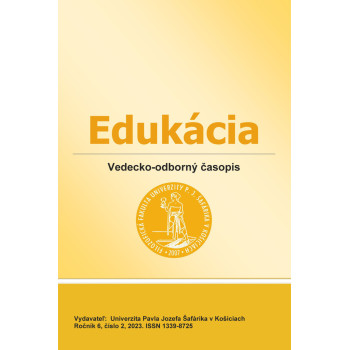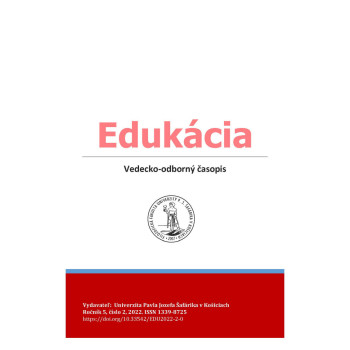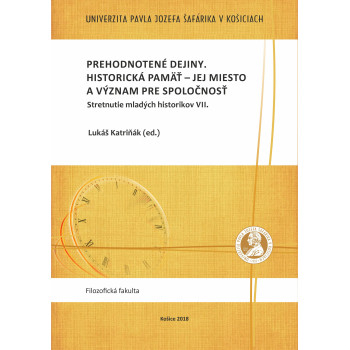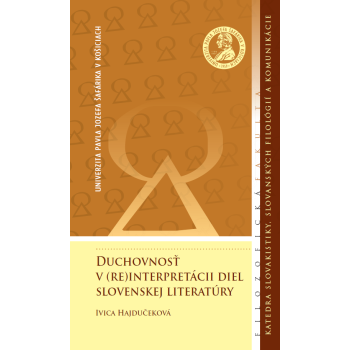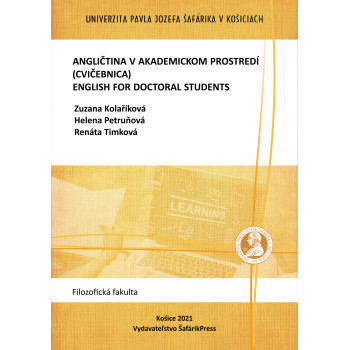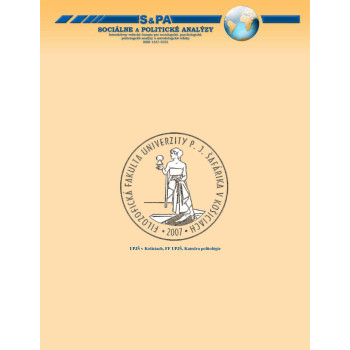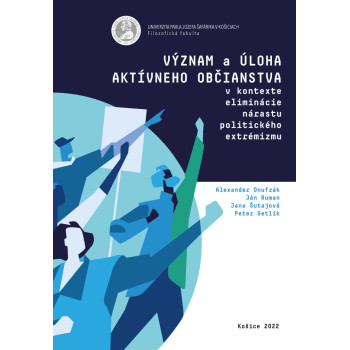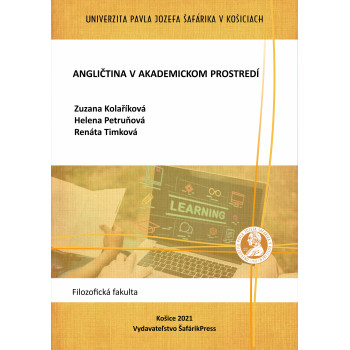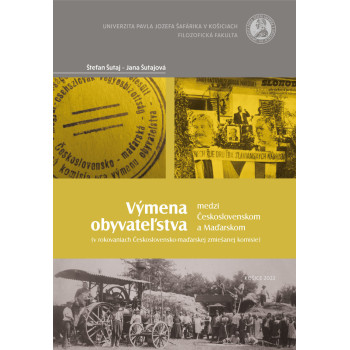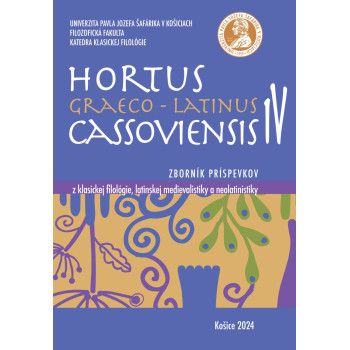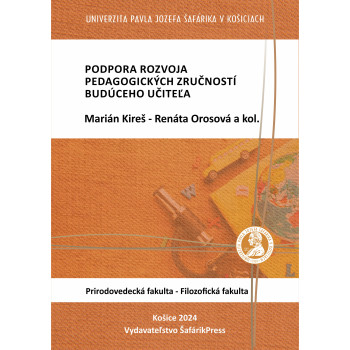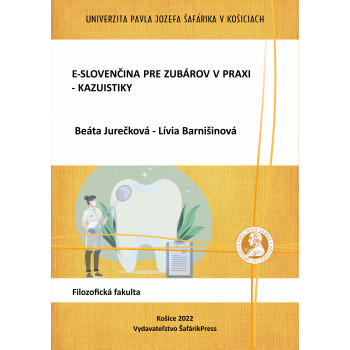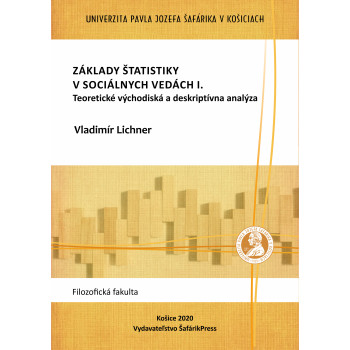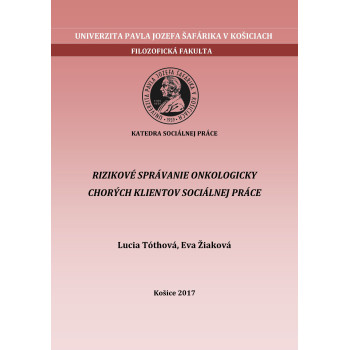
Marketing a fundraising mimovládnych...
E-book
For a non-governmental organization to be successful, it must focus, among other things, on its main goal of spreading its vision and mission to another area. It can achieve success by increasing its visibility and raising awareness about its activities in society, sending a clear message, and maintaining transparency.
The monograph deals with specific areas in which non-profit NGOs are active, i.e. marketing and fundraising. Both these areas are of key importance for the NGO’s success, therefore they require particular attention. It is well known that NGOs lack proper support in Slovakia and their funding is insufficient given the demand for their services. NGOs therefore search for multiple sources of funding and use marketing as a tool.
The monograph explains the importance of NGOs in the non-profit sector and justifies the tools they employ when navigating the commercial space.



